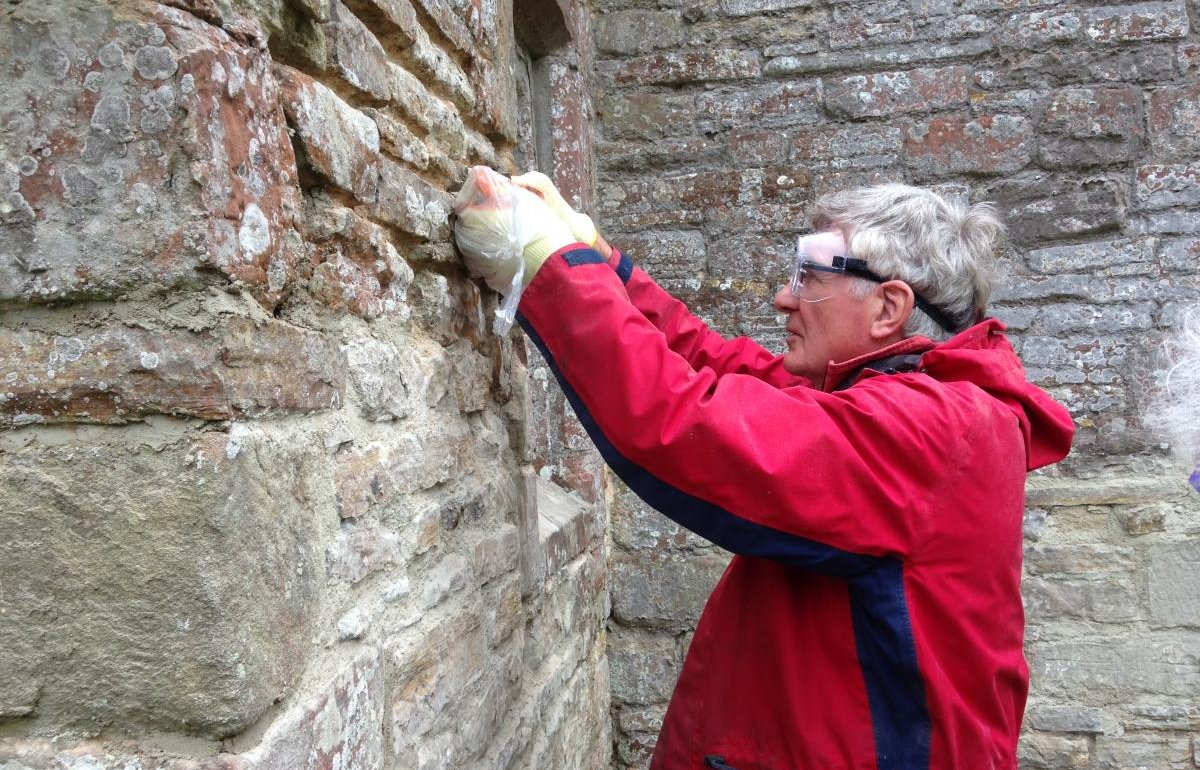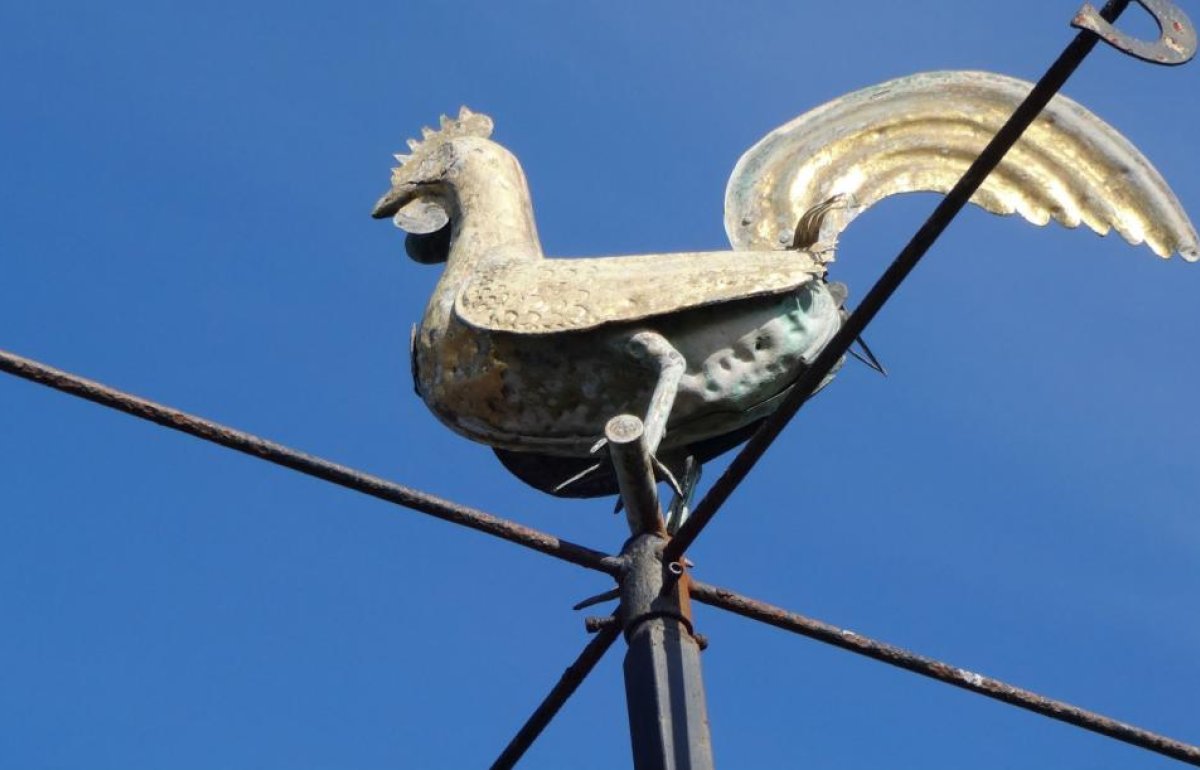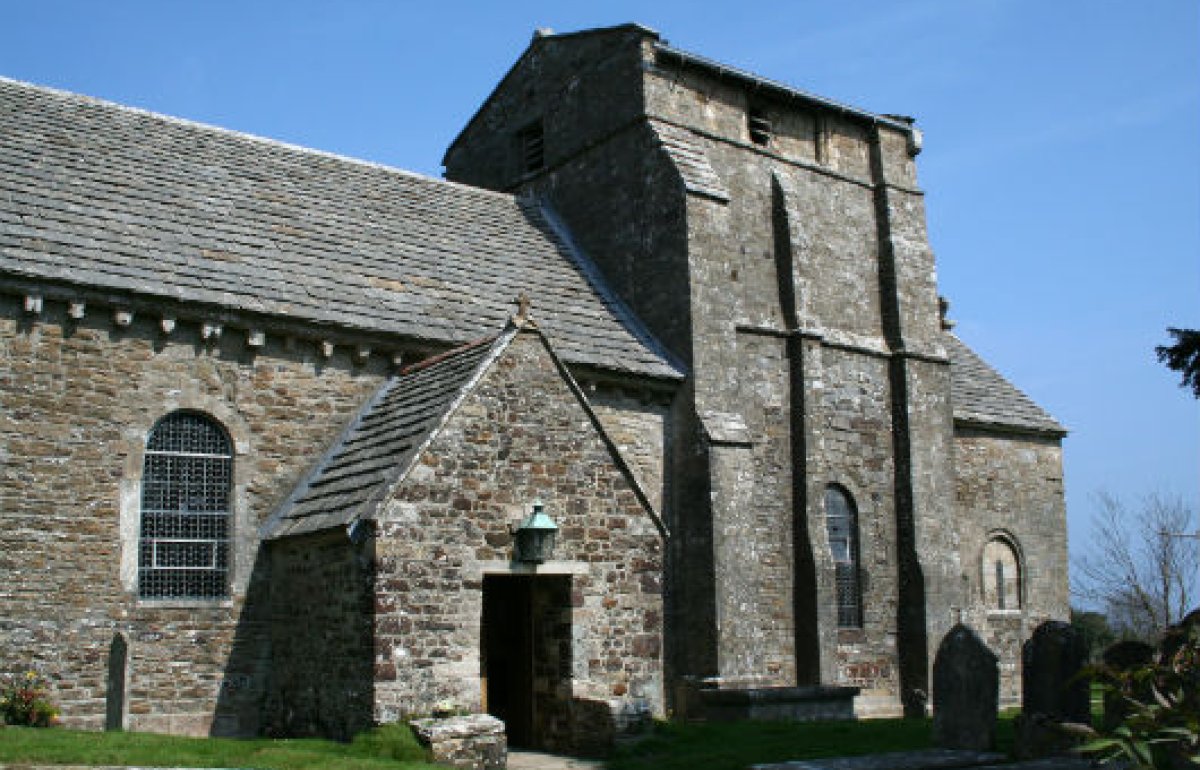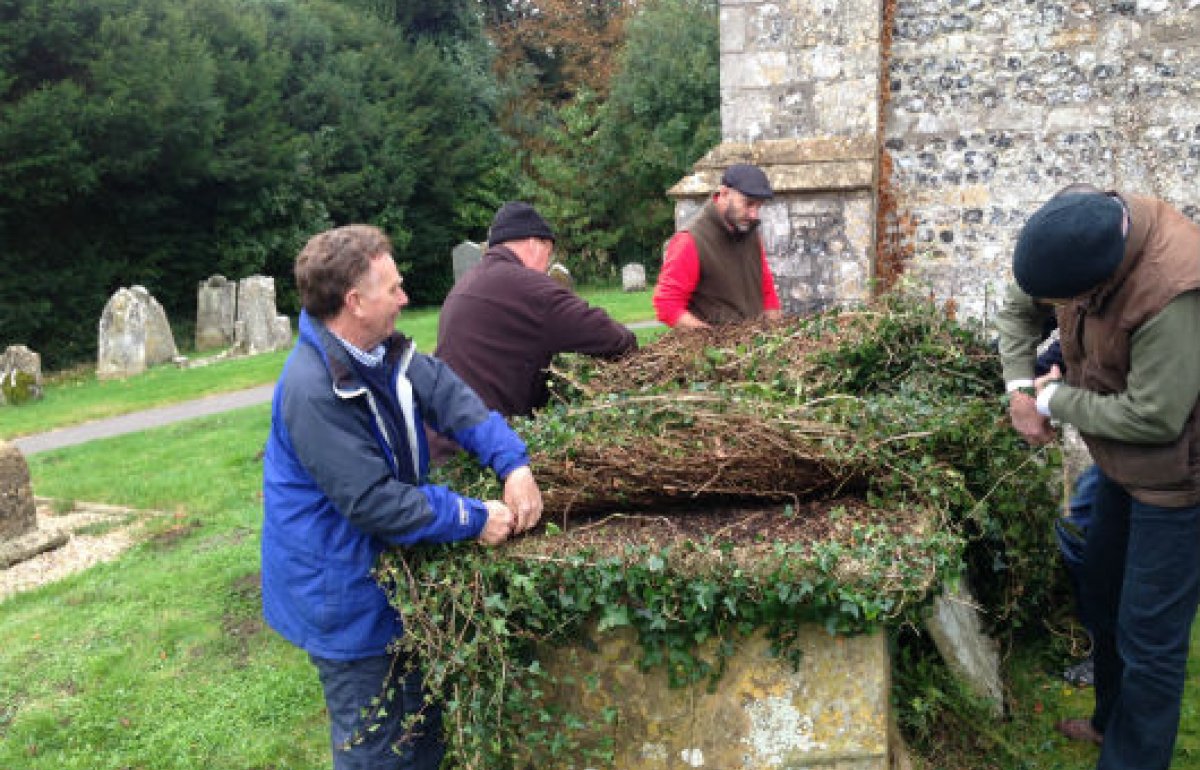Maintenance Co-operatives Project
“This is such a worthwhile initiative; all churches should be encouraged to get involved”
- Lincolnshire volunteer
Established in 2013, the SPAB Maintenance Co-operatives Project (MCP), funded by the Heritage Lottery Fund, provided free-of-charge, practical support to the dedicated staff and volunteers who take care of some of our most treasured and distinctive built heritage. Working in five regions across England and delivering a further five 'Co-op Minis' the Maintenance Co-operatives Project project built on the success of Faith in Maintenance and assisted places of worship not only with training but also with practical support on gathering volunteers, carrying out baseline building surveys and turning all that knowledge into maintenance plans and practical working parties.
As the SPAB's founder William Morris put it, ‘stave off decay by daily care’ or, thinking of it another way, ‘a stitch in time saves nine!' However you look at it, if costly major works to places of worship can be avoided through inexpensive, effective regular maintenance it's a good thing.
The project came to a close in March 2017, but our advice and resources will continue be available on this website and we hope to be able to continue our work in this area in some way. If you want to know more about the project, how to set-up a maintenance co-op or need technical advice on your place of worship these pages will give you a great start.
Maintenance courses
Although the Maintenance Co-operatives Project has finished, the SPAB as part of its regular training programme offers courses on various aspects of old building maintenance, from the Old House Eco course to the popular Repair of Old Buildings course.






